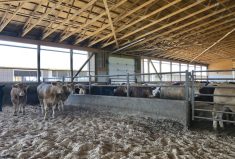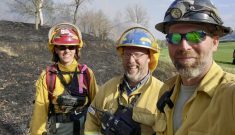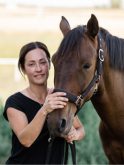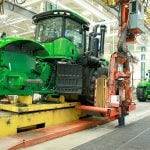Farm businesses often rely on a team of advisers — lawyers, accountants, succession planners and marketers. Insurance providers can play a similar role, helping farmers to manage the fire risks.
“Most insurance companies have loss prevention specialists on staff,” says Bruce Kelly, Farm & Food Care Ontario.
“Loss prevention specialists will work with farmers and come right out to the farm to conduct inspections. Although inspections may seem daunting, these people have likely seen all kinds of farm operations and related risks. Their recommendations can provide a custom risk analysis for farmers to address any high-risk fire or unsafe areas.”
Read Also
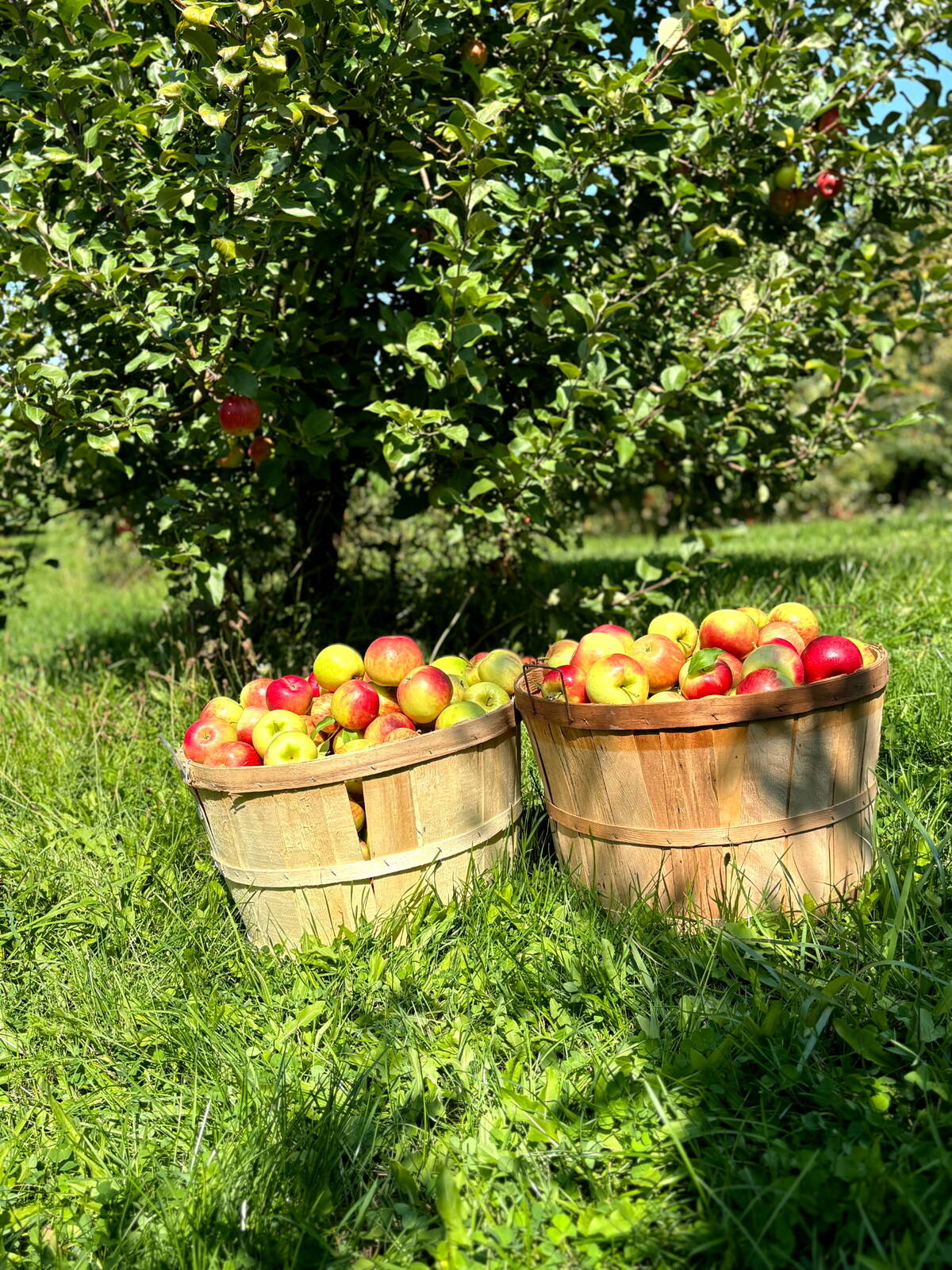
Farmers taking to social media to spread the word about the cost of farm thefts
A rash of farm thefts in Ontario have left farmers looking for new ways to help customers understand the cost of stealing goods.
Joe Mylrea, risk management and thermal imaging technician with Trillium Mutual Insurance Company, says farmers can develop a relationship with their insurance agents or brokers by reviewing strategies to prevent and manage fire risks.
“Get to know your insurer, the products and services they provide and understand they can share knowledge and tools to help minimize the risk of fire or loss on your farm,” says Mylrea.
Farmers can ask insurance providers for a meeting and inspection with a loss prevention specialist to review barns, outbuildings and electrical systems. These professionals can help diagnose problems, using thermal inspections to identify issues with electrical and mechanical systems.
“We can see behind the scenes with infrared, or thermal imaging tools. We’ve seen plenty of fire risks hidden to the naked eye, especially in electrical systems,” says Mylrea.
“The unspoken fear by farmers is that insurance inspection recommendations are going to cost a lot to update. This is seldom the case, and updates can happen over a period of time and significantly reduce the risk of a fire,” says Kelly.
He adds that inspection recommendations can also be viewed as investments to ensure the safety of a farm operation.
Adding an insurance adviser or broker to a farm management team can also benefit insurance policy options. Farmers can review insurance policies thoroughly at renewal and implement fire prevention inspections into regular farm management routines.
Each farm has different risk factors. Dairy and swine operations typically have more electrical equipment including ventilation, fans and feed rooms and are exposed to corrosive gases that increase the risk of electrical fires.
Beef and horse barns have unique risk factors too with hay and straw storage.
Insurance advisers and inspectors are familiar with varying farm types and the related risks.
Mylrea says farmers should manage fire risk factors as part of their standard operations. “Prevention is your best defence.”
For more farm fire prevention information visit the Farm & Food Care Ontario website or OMAFRA website to read the full resource, 10 Ways to Reduce the Risk of Barn Fire.
This article was produced as part of the Farm & Food Care Ontario: Livestock Emergency Preparedness Project and the Reducing the Risk of Barn Fires Advisory Panel (2016), a group of concerned Ontario Farm Commodity Groups, Fire Prevention Officers, Electrical Safety Professionals and Government of Ontario staff.






